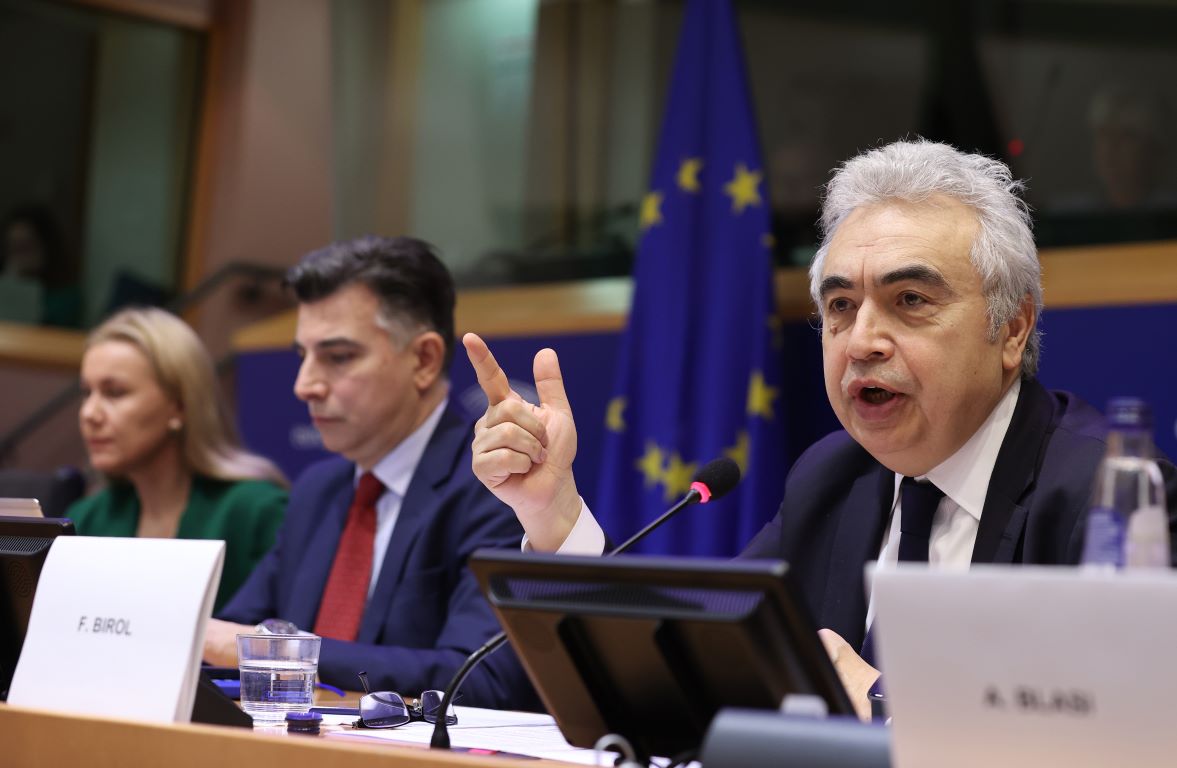
Energy prices in Europe could spike this winter, forcing governments to subsidise bills, the International Energy Agency’s (IEA) Fatih Birol told BBC Radio 4’s Today programme.
The IEA’s executive director said: “In a scenario where the Chinese economy is very strong, buys a lot of energy from the markets and we have a harsh winter, we may see strong upward pressure under natural gas prices, which in turn will put an extra burden on consumers.”
He added that many European governments made “strategic mistakes,” including over-reliance on Russia’s energy supplies before the Russian invasion of Ukraine. The IEA’s data showed that 12 countries representing nearly 60% of the global population saw a rise in spending on energy bills across average households in 2022, despite substantial government interventions.
Birol said that governments “cannot rule out” another spike in gas prices this winter and should “continue to push measures to save energy, especially as we enter the winter”, in the UK.
“We spent billions to protect families when prices rose over winter, covering nearly half a typical household’s energy bill, with them set to fall by around £430 on average from this month,” a UK Government spokesperson told the BBC.
On 1 July, UK regulator Ofgem’s price cap fell to £2074 ($2,631) for a dual fuel household based on typical consumption, reflecting the fall in wholesale energy prices.
The UK Treasury extended the Energy Price Guarantee for three months until the end of June by capping typical energy bills at around £2,500, GlobalData reported in March.
Birol also said if countries are serious about achieving climate goals, “we have to reduce the use of oil and gas significantly in the next years to come”.
The IEA head has “no problem” with the oil and gas companies, but if companies say they want to “increase production by four million barrels per day, and my company’s strategy is in line with the Paris Climate Agreement – it doesn’t work, there is a problem here.”




